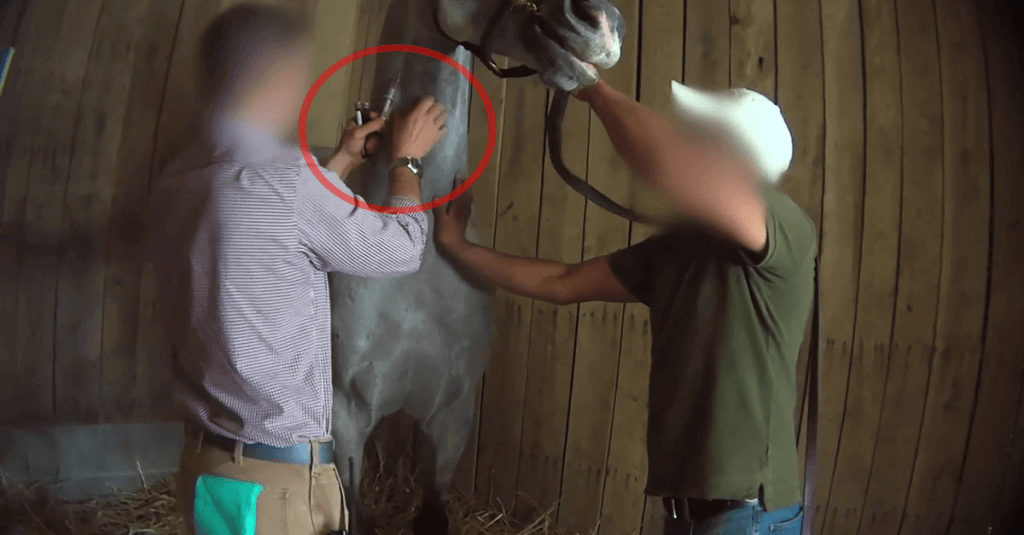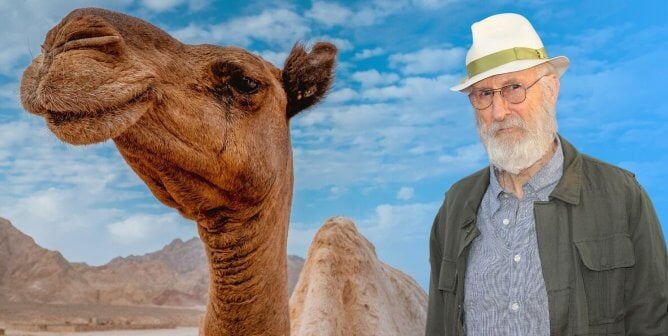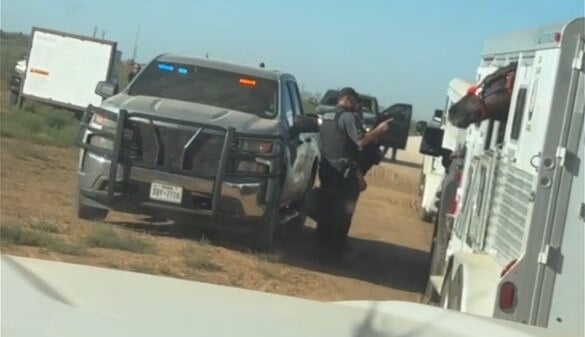Lies vs. Reality: 7 Things to Know About Horse Racing
1. “We take really good care of the horses.”
It sure doesn’t seem like it. On average, 24 horses die on racetracks in the U.S. every week!
2. “Horse racing doesn’t hurt the horses. They like it!”

One study of injuries at racetracks concluded that one horse in every 22 races sustained an injury that prevented him or her from finishing the race, while another estimated that three thoroughbreds die every day in North America because of terrible injuries sustained during races.
3. “We don’t push the horses past their limits.”
Trainers and veterinarians keep injured horses working when they should be recovering—giving them a variety of drugs to mask pain, control inflammation, and enhance performance.
4. “They wouldn’t be doing it if it were illegal!”
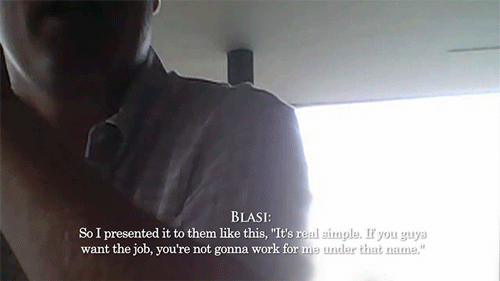
An undercover PETA investigation found that thoroughbred trainer Steve Asmussen was reportedly forcing employees from other countries to use false names and giving them fraudulent Social Security cards. Asmussen has had multiple drug infractions and has been suspended for violations.
5. “Horses get the best vet care possible.”
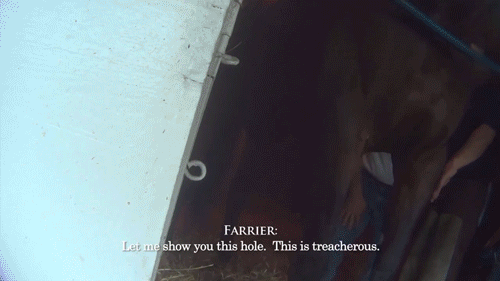
One horse, Nehro (who came in second in the 2011 Kentucky Derby), was forced to run with chronically painful hooves that actually had holes in them—and one hoof was patched with superglue. He died after becoming violently ill.
6. “They all get to retire and be happy when they’re done racing.”
Not true. Many end up in slaughterhouses in Canada, Mexico, or Japan, where they are turned into dog food and glue. Their flesh is also exported to countries such as France and Japan, where it is considered a delicacy—yuck!
7. “There’s nothing that I can do to stop this.”
Not true. Soon after PETA released our video documenting the misuse of drugs and other abuse at Churchill Downs and Saratoga Race Course by Steve Asmussen and other workers in his stable, state and federal authorities launched formal investigations and Asmussen was removed from consideration for the racing Hall of Fame. Other significant reforms have also been announced.
All that happened in a few short weeks! Imagine what we can do if we continue to spread the word for horses.


